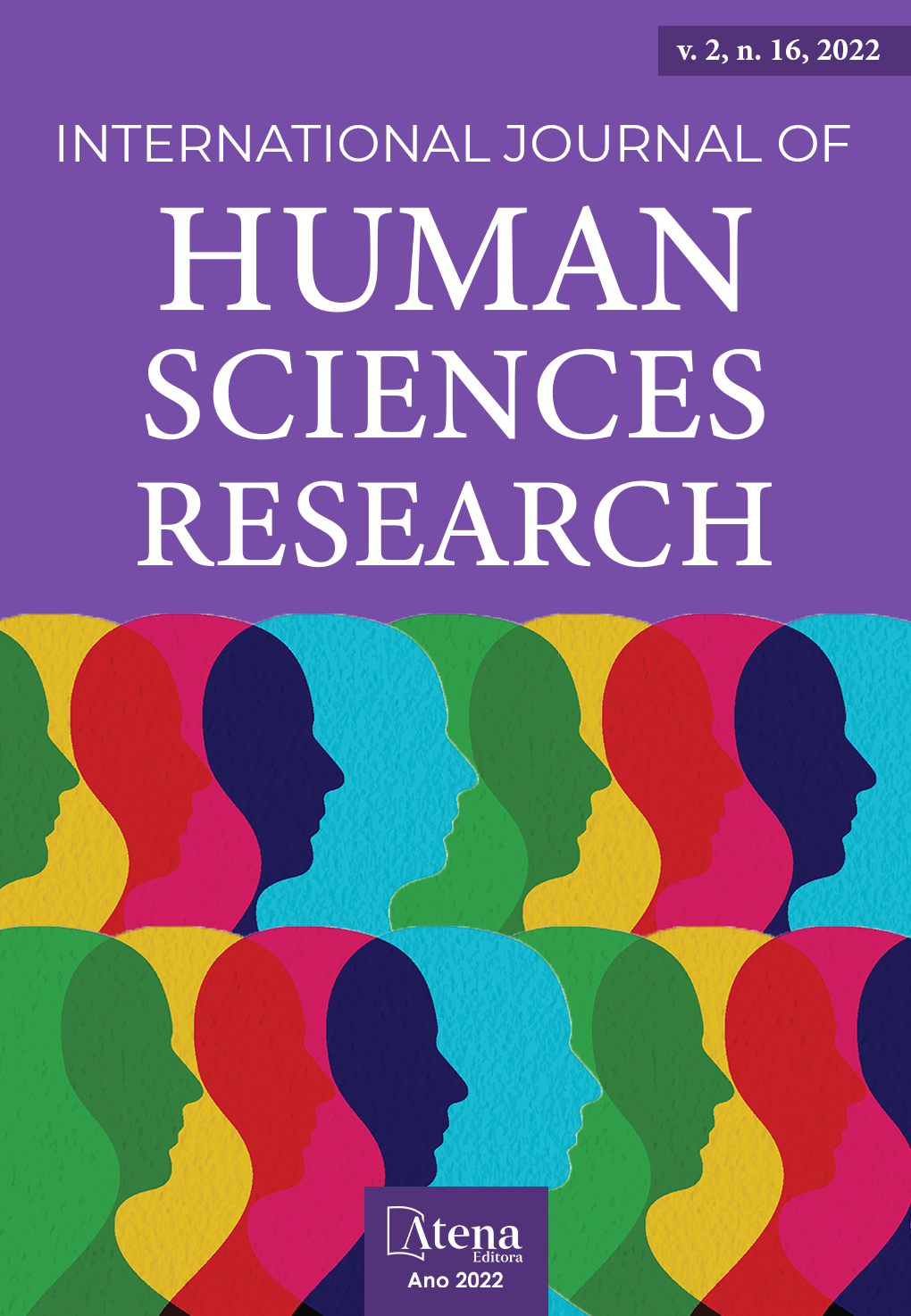
COMPETENCIAS DIGITALES DE LOS INGRESANTES UNIVERSITARIOS: ACCESO A LA EDUCACIÓN SUPERIOR
RESUMEN: Este artículo refleja los resultados obtenidos tras aplicar una encuesta a muestra de 741 estudiantes de nuevo ingreso en dos universidades, una europea, Universidad de Alcalá en España, y otra latinoamericana, Universidad Nacional de Córdoba en Argentina.
Esta encuesta fue diseñada con el objetivo de analizar las habilidades digitales de los estudiantes que acceden a las titulaciones de ingeniería, considerando las cinco áreas clave de competencias digitales definidas en el marco europeo DigComp 2.1 para la ciudadanía, adaptándolo a las necesidades de la educación superior.
Los resultados extraídos han permitido caracterizar el nivel de competencias digitales adquiridas por los estudiantes de dos regiones claramente identificadas por su diversidad económica, social y cultural.
Se han observado distintos comportamientos entre los sujetos experimentales, dado que los estudiantes españoles presentan un mayor nivel de competencias digitales, frente a los argentinos. Esta tendencia se mantiene en la mayoría de las áreas particulares de las competencias evaluadas, siendo de mayor significación el área de resolución de problemas y la de creación de contenidos digitales.
En todo caso, los hallazgos encontrados en esta investigación han determinado que los estudiantes ingresantes en ambas universidades, reúnen las habilidades digitales necesarias para adaptarse a las necesidades académicas, administrativas y de gestión con las que han innovado ambos sistemas universitarios, consecuencia de la pandemia de COVID-19.
Como consecuencia del análisis realizado, es posible afirmar que los estudiantes de ingeniería de ambas instituciones cuentan con las competencias requeridas por la actual transformación tecnológica.
COMPETENCIAS DIGITALES DE LOS INGRESANTES UNIVERSITARIOS: ACCESO A LA EDUCACIÓN SUPERIOR
-
DOI: 10.22533/at.ed.5582162220067
-
Palavras-chave: Educación superior virtual, competencias digitales, marco europeo DigComp, e-learning, transformación tecnológica.
-
Keywords: Virtual Higher Education, digital skills, DigComp European framework, e-learning, technological transformation.
-
Abstract:
ABSTRACT: This article reflects the results obtained after applying a survey to a sample of 741 new admitted students at two universities, one European, University of Alcalá in Spain, and another Latin American, Universidad Nacional de Córdoba in Argentina.
This survey was designed with the aim of analysing the digital competences of the accessing students to Engineering Degrees. The five key areas of digital skills, defined in the document “DigComp 2.1: The digital competence framework for citizens” was considered, adapting them to the needs of the Higher Education.
The results obtained, have made it possible to characterize the level of digital competences acquired by students from two regions clearly identified by their economic, social and cultural diversity.
Different behaviours have been observed among the experimental subjects. Spanish students have a higher level of digital skills, compared to Argentines. This trend is maintained in most of the individual areas of the competences evaluated, being of greater significance the areas of problem solving and, the creation of digital content.
Nevertheless, the findings of this research have determined that the new students at both universities have the necessary digital competences to be adapted to the academic, administrative and management needs in which both university systems have innovated, because of the COVID-19 pandemic.
Because of this analysis, it is possible to say that the engineering students of both Higher Education Institutions have the competences required by the current technological transformation.
-
Número de páginas: 11
- Elena Campo-Montalvo
- Claudia-Alejandra Guzmán
- Magalí Carro-Pérez
- Marián Fernández de Sevilla-Vellón
- Sonia Pérez-Díaz
- SABRINA NAIR SANCHEZ


